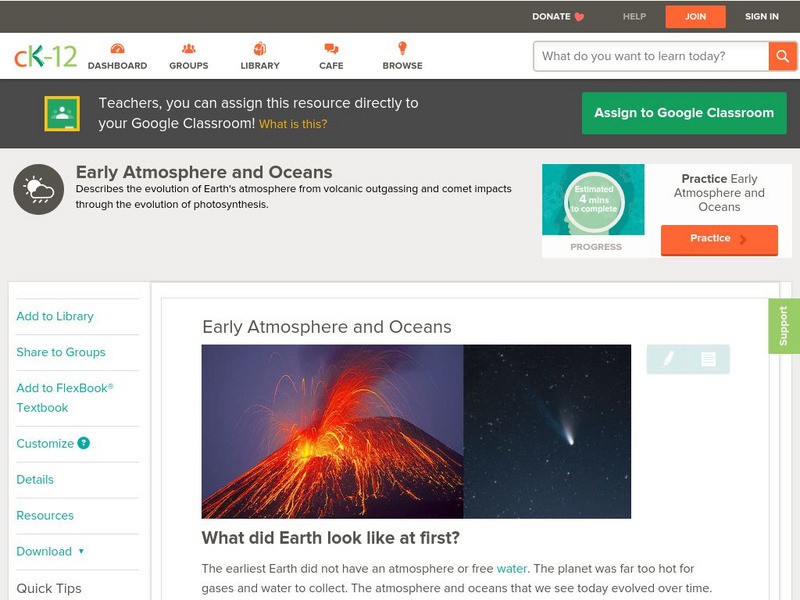Curated OER
Exploring How Rocks Are Formed
Students examine the three types of rocks. They discover the processes that occur so each type of rock can be formed. They participate in activities to help them see how rocks are formed.
Curated OER
Reading Follow-up Activity
Students color a worksheet while discussing characteristics and composition of caves.
Curated OER
CLOUD IN A BOTTLE
Students make observations of what they see happening in the formation of a cloud in a modeled situation. They compile their observations in a list to better explain how the formation happened.
Curated OER
Lunar Geology
Ninth graders investigate mineral contents in lunar rocks. In this lunar rock lesson students identify simulated lunar rocks based on mineral content.
Curated OER
Create a Cloud in a Bottle
Students investigate the conditions needed for cloud formation and explore how pressure and temperature effect cloud formation. In this atmospheric pressure lesson students complete a lab on cloud formation.
Curated OER
Erosion
In this earth science worksheet, students describe the course of the river from its source to the mouth, including shapes of the valleys and erosion processes in each course. Then they identify possible types of erosion that would have...
Curated OER
Another King George?
Learners study the differences between presidents and kings, and constitutional monarchs and despots. They examine why the US has a president instead of a king.
Curated OER
Core
Eighth graders examine conditions that can lead to the formations found and correlate the layers. In this rock layers lesson students complete an activity that allows students to take their own "core sample".
Curated OER
How do new species form?
Tenth graders conduct a critical analysis of current evolutionary concepts. They describe how scientists continue to investigate theories. Students examine examples with experimental data that suggest alternative methods of species...
Curated OER
Mud in the Water
Students build a soil erosion model to study the importance of soil conservation. They investigate how land forms from both constructive and destructive forces.
Curated OER
Precipitation
Students investigate the formation of rain. They experiment by boiling water in a tea kettle and placing ice cubes and water in a pan. They hold the pan of water over the steaming spout so that the steam strikes the bottom and sides of...
Fourmilab Switzerland
John Walker: Named Lunar Formations
This atlas of the Lunar surface features lists all named features. Click on a name and see an image of that item, or at least an image of the Moon centered on that item.
Other
Alien Travel Guide: Elements of Music the Basics
Fine site created for Canadian schools devoted to basic elements of music, including pitch, acoustics, time signatures, keys, and rhythm.
Ohio Department of Natural Resources
Ohio Stream Management Guide: Natural Stream Processes [Pdf]
Provides detailed and technical information and diagrams concerning stream formation, channel shapes, erosional process, and stream management.
NASA
Nasa: Live From Mars
A lesson plan from NASA that reinforces the concept of stream or river formation, the stages of river formation, and the development of meanders.
Science Education Resource Center at Carleton College
Serc: Hawaiian Islands: Volcano Ages, Hotspots and Plate Motion
The ages of volcanic rocks are used to investigate speed of motion of the Pacific plate, to analyze the distinctive bend in the chain, and to consider the age data in the context of a hotspot model of formation.
TED Talks
Ted: Ted Ed: How to Fossilize Yourself
Phoebe A. Cohen details the steps your body must take to find future fame as a fossil. [5:30]
PBS
Pbs Lesson Plan: Bhutan: The Last Shangri La: How the Himalayas Were Formed
Science website from PBS that teaches the basics of mountain formations in relation to the Himalayas and Bhutan. Includes graphics & suggested use of a peanut butter & jelly sandwich!!!
CK-12 Foundation
Ck 12: Earth Science: Early Atmosphere and Oceans
[Free Registration/Login may be required to access all resource tools.] How Earth's atmosphere and oceans formed.
CK-12 Foundation
Ck 12: Earth Science: Formation of the Moon
[Free Registration/Login may be required to access all resource tools.] How the moon was formed.
NASA
Nasa Star Child: Stars
This page details the life cycle of a star, and includes information on medium-sized and massive stars, plus a glossary and a question.
Other
Starry Skies: How Do Fossils Form?
Directions and materials needed to make a modern day fossil.
University of Nebraska Omaha
University of Nebraska: Landforms
This resource provides information about the formation of the Grand Canyon to weathering processes is provided along with a link to photos of the Grand Canyon.



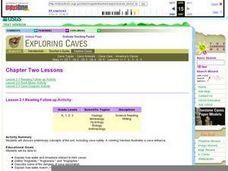


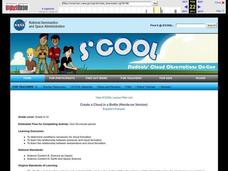






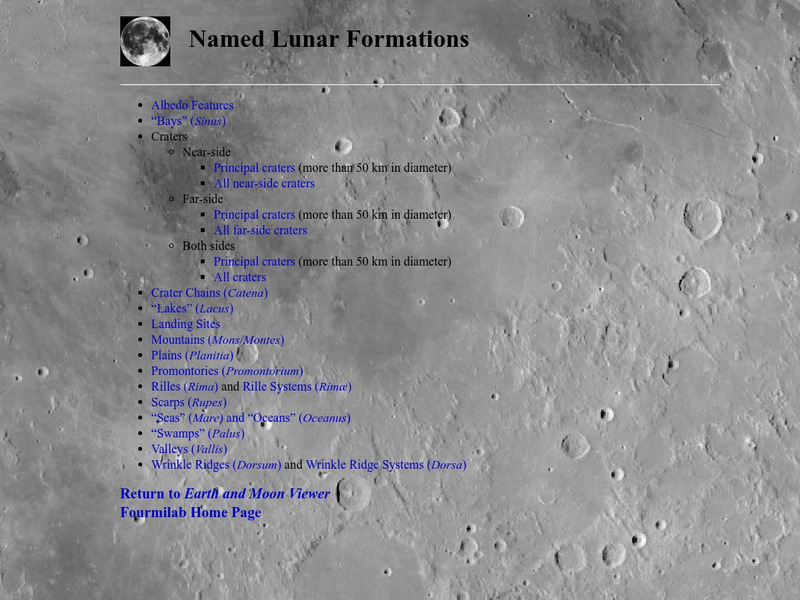
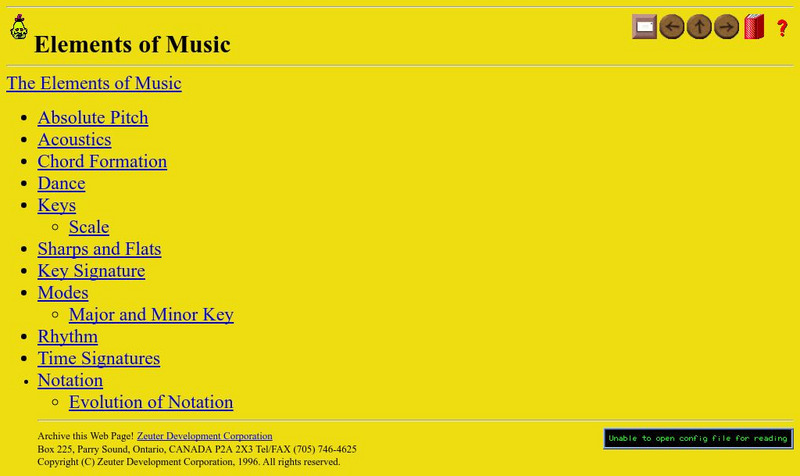
![Ohio Stream Management Guide: Natural Stream Processes [Pdf] Handout Ohio Stream Management Guide: Natural Stream Processes [Pdf] Handout](https://d15y2dacu3jp90.cloudfront.net/images/attachment_defaults/resource/large/FPO-knovation.png)



